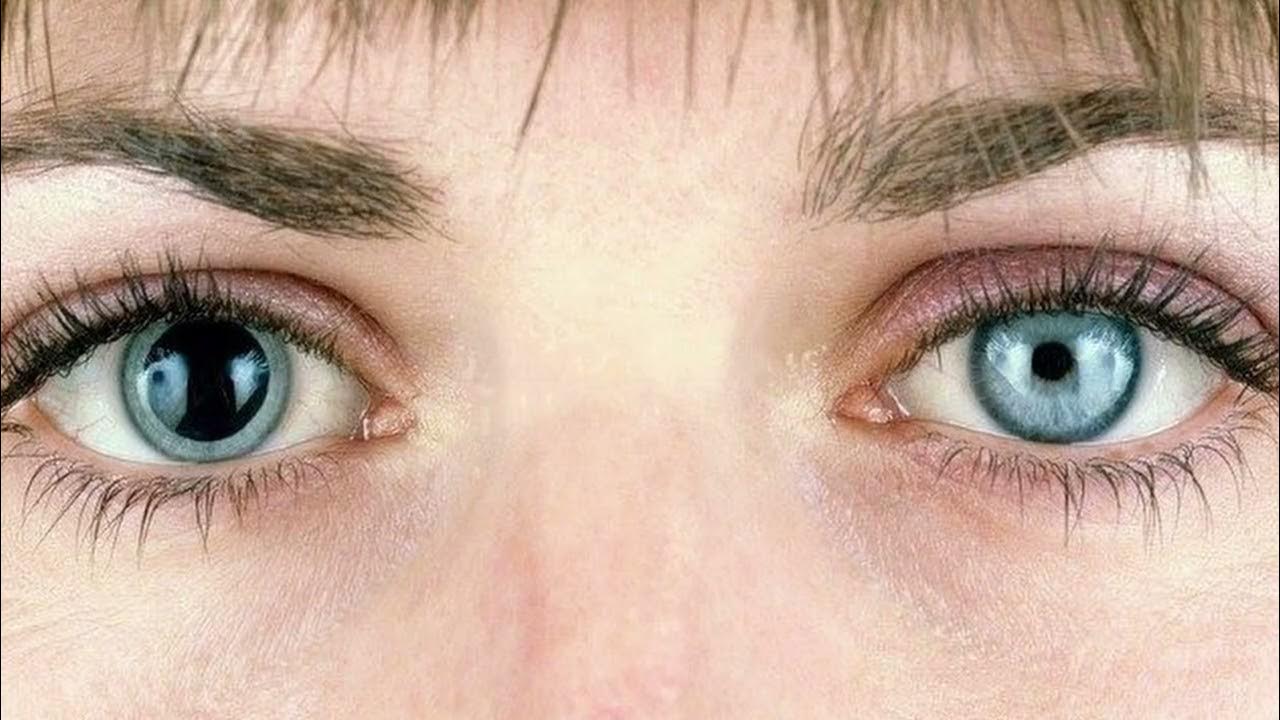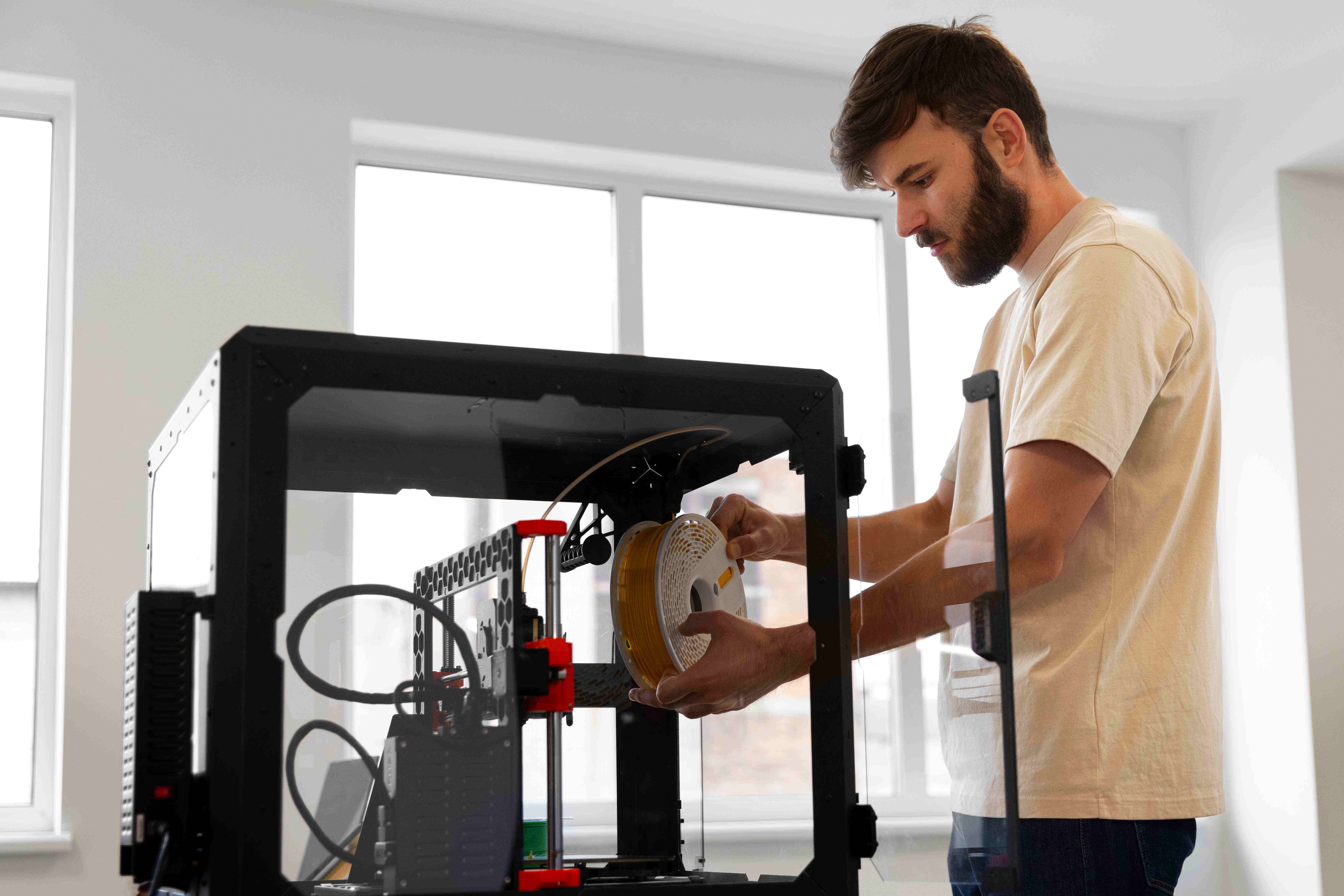What Causes Small Pupils? Explained Simply

Strong 8k brings an ultra-HD IPTV experience to your living room and your pocket.
Pupil size naturally changes depending on light and other stimuli. However, when pupils remain consistently small, it may raise concerns. Small pupils, medically known as miosis, can occur for various reasons. In this article, we explain the common causes of small pupils in simple terms.
Light Exposure and Normal Reaction
One of the most common causes of small pupils is exposure to bright light. The pupil shrinks to limit how much light enters the eye, protecting the retina from damage. This reaction is completely normal and not a cause for concern. In fact, this is the body’s natural way of adapting to light and ensuring your vision remains clear and not overwhelmed by too much brightness. People with lighter-colored eyes may notice this more because their eyes are more sensitive to light. If the pupils dilate again in low light, the response is likely normal.
Side Effects of Medications
Certain medications can cause small pupils. Opioids, for instance, are well-known for their ability to constrict the pupils. These include drugs like morphine, oxycodone, and heroin. When someone is under the influence of such substances, one of the most telling signs is pinpoint pupils. Other drugs used for treating high blood pressure, depression, or nausea can also have this side effect. These medications act on the nervous system, sometimes altering the signals that control pupil size. It’s always wise to check medication labels and consult a doctor if you notice any eye changes.
Age-Related Changes
As people age, their pupils may naturally become smaller. This is part of the aging process and is not typically linked to any serious health issue. Smaller pupils in older adults can result in slower responses to changes in lighting and a need for brighter environments to see clearly. This can contribute to difficulties with night driving and reading in dim light. It’s essential for older individuals to have regular eye checkups to monitor such changes and maintain optimal eye health.
Eye Injury or Inflammation
Sometimes, an injury to the eye or inflammation within it can result in small pupils. This could include a condition like uveitis, which is an inflammation of the middle layer of the eye. Uveitis may cause pain, redness, blurred vision, and sensitivity to light. The inflammation can interfere with the muscles in the iris, leading to abnormal pupil size. If you have pain, blurred vision, or redness along with small pupils, it’s best to see an eye specialist. Early treatment can prevent complications and preserve vision.
Nervous System Disorders
Conditions affecting the brain or spinal cord can also lead to small pupils. Diseases like Horner’s syndrome or brainstem injuries may interfere with pupil size regulation. These conditions often present with other symptoms like drooping eyelids, unequal pupil sizes (anisocoria), and differences in sweating on the face. In some cases, multiple sclerosis and Parkinson’s disease may also affect pupil function due to their impact on nerve signals. A neurologist can conduct specific tests to identify such issues and recommend appropriate treatments.
Toxic Exposure
Certain toxins, including pesticides and nerve agents, can cause small pupils. Exposure to these harmful chemicals may trigger abnormal neurological responses. This is rare but should be considered if someone works in agriculture or has had contact with potentially dangerous substances. Immediate medical attention is required in such cases.
Medications Can Influence Pupil Size
Many prescription and over-the-counter drugs can cause small pupils. Pain relievers, sleep aids, and certain antidepressants can all lead to temporary pupil constriction. Muscle relaxants and medications that affect the parasympathetic nervous system can also play a role. Eye drops used during eye exams or to treat certain conditions may intentionally reduce pupil size. Always consult a doctor before stopping any prescribed medication if you notice changes in your pupils.
When to Be Concerned
Persistent small pupils, especially if they are not reactive to light or occur unevenly between the eyes, may indicate a medical issue. If you experience headaches, dizziness, vision problems, or confusion along with the pupil change, it's time to consult a healthcare professional. Small pupils combined with symptoms like nausea or vomiting may point toward increased pressure in the brain or other serious issues.
Possible Underlying Conditions
Small pupils may result from neurological conditions. Brain injuries, strokes, or diseases like Horner’s syndrome can disrupt the nerves controlling pupil size. These conditions often include other warning signs, such as facial weakness or a drooping eyelid. Sometimes, a tumor or brain aneurysm may exert pressure on the nerves that affect pupil function. Diagnostic imaging and neurological exams are often necessary in such cases.
Long-Term Effects and Management
If small pupils are caused by a long-term health condition, ongoing monitoring and treatment are essential. For example, those taking medications for chronic pain may regularly experience this symptom. Managing dosage and understanding side effects can help minimize discomfort. Eye protection such as sunglasses may help with light sensitivity caused by constricted pupils. Lifestyle adjustments, like avoiding overly bright environments, may also help.
Impact on Daily Life
Though small pupils may not directly affect your vision, they can lead to increased sensitivity to light, difficulty seeing in the dark, and trouble adjusting to different lighting. These symptoms may affect driving, reading, or working in various environments. If the condition is linked to a medical issue, managing that root cause can help ease these day-to-day challenges.
Summary
In summary, small pupils can be caused by light exposure, medication, aging, injury, or neurological conditions. Identifying the underlying cause is essential for proper treatment. If you notice changes in your pupil size, especially if they are persistent or accompanied by other symptoms, it’s wise to consult a healthcare professional. Understanding what causes small pupils empowers you to take better care of your eye health and seek timely help when needed.
Note: IndiBlogHub features both user-submitted and editorial content. We do not verify third-party contributions. Read our Disclaimer and Privacy Policyfor details.







